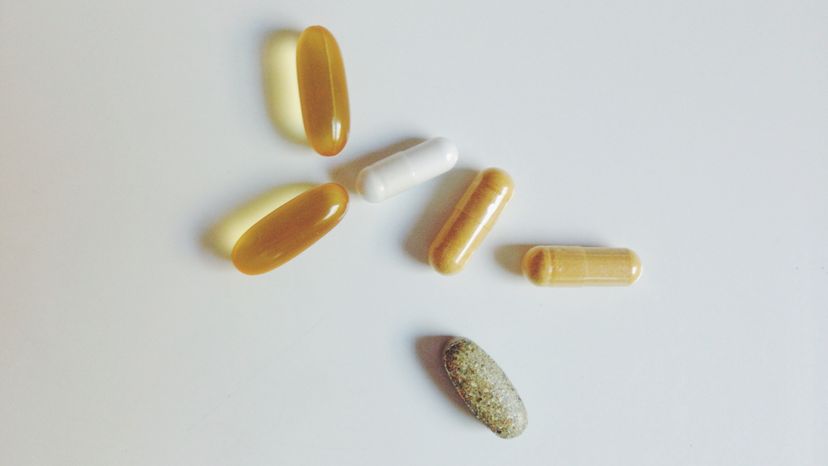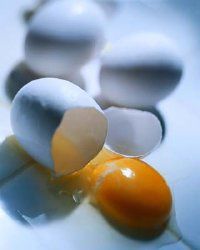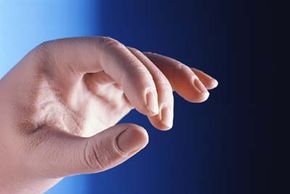
You may not have heard much about this B vitamin, but that's easy to understand. Although it helps our bodies convert food to energy, the importance of biotin was discovered only about 60 years ago. Most of us get more than enough biotin in our regular diets. In this article you'll learn what it is, which foods have it, and some of the ways it keeps us healthy. Here's what you will learn:
- What Is Biotin?Biotin acts as a coenzyme in the metabolism of fats and carbohydrates, the breakdown of proteins to urea, and the conversion of amino acids from protein into blood sugar for energy. You should eat at least 30 micrograms a day; fortunately, most of us get 3 to 10 times that much. On this page you'll learn how it was discovered and how to avoid a rare biotin deficiency.
- Benefits of BiotinIn addition to its metabolic properties, biotin also has some health benefits. When normal intake of biotin is supplemented, it strengthens fingernails, relieves a scalp condition in newborns, and is very effective at controlling blood sugar levels in diabetics. On this page you'll learn how high of a dose to take to achieve these healthy effects.
Biotin is just one of the many vitamins that are part of a healthy diet. Check out the following links to learn more:
- Relax; you'll find the stress-busting Vitamin B5 in every food you eat. Learn about it at How Vitamin B5 Works.
- Vitamin B6 is effective against more than 100 ailments. How Vitamin B6 Works will explain the details and tell you how to get enough in your diet.
- Everyone knows Vitamin C fights the common cold. Learn how it does the trick at How Vitamin C Works.
- Your body can make its own Vitamin D if you get enough sunshine. Learn the details at How Vitamin D Works.
- Vitamin K plays a vital role in blood clotting. Learn more at How Vitamin K Works.
- To learn about the many vitamins in our diet, how much you should be eating, and where to find them, go to our general Vitamins page.
- If you were looking for the best prices on B vitamin supplements, click here. //]]]]> ]]>
Advertisement

